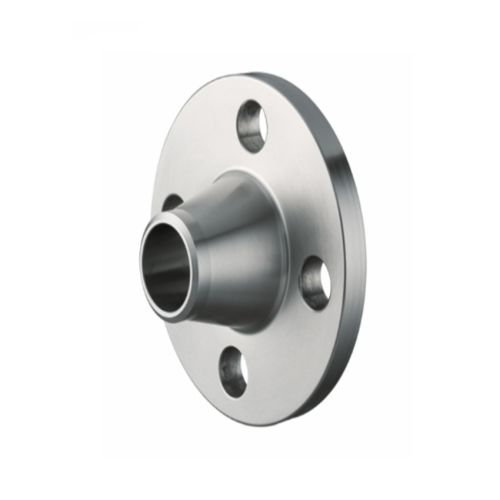stainless needle valve
Stainless Steel Needle Valve A Comprehensive Overview
In various industrial applications, the integrity and reliability of fluid control systems are paramount. One critical component that plays a vital role in these systems is the needle valve, particularly those made from stainless steel. Stainless steel needle valves are widely utilized in many industries, including oil and gas, chemical processing, and water treatment, due to their excellent durability and performance.
What is a Needle Valve?
A needle valve is a type of valve that is characterized by a slender, tapered disc, known as the needle. This unique design allows for a more precise control of fluid flow compared to other valve types. The needle can be adjusted by screwing it in or out to regulate the flow rate. Consequently, needle valves are often employed in applications requiring accurate flow control and throttling.
The Benefits of Stainless Steel
Stainless steel is a preferred material for needle valves due to its remarkable properties. Firstly, stainless steel exhibits high corrosion resistance, making it ideal for environments where the valve may come into contact with aggressive substances. This quality ensures that the valve maintains its integrity and functionality over time, reducing the need for frequent maintenance or replacement.
Secondly, stainless steel is known for its strength and durability. This robustness allows stainless steel needle valves to withstand high pressure and temperature conditions, which are commonplace in industrial settings. Furthermore, stainless steel is relatively easy to clean and sanitize, making it suitable for applications in the food and pharmaceutical industries.
Applications of Stainless Steel Needle Valves
stainless needle valve

Stainless steel needle valves find applications across numerous sectors. In the oil and gas industry, they are utilized for controlling the flow of hydrocarbons and ensuring the safe operation of pipelines. In chemical processing, these valves help manage the flow of reactants and products, allowing for precise chemical reactions. Additionally, in water treatment facilities, stainless steel needle valves are critical for regulating the flow of water and chemicals used in purification processes.
Moreover, the pharmaceutical industry relies on stainless steel needle valves for their ability to maintain sterile conditions. The precise flow control offered by these valves is essential for processes such as ingredient mixing and the dispensing of medications, where accuracy can significantly impact product quality and safety.
Choosing the Right Needle Valve
When selecting a stainless steel needle valve, several factors must be considered. First and foremost, the application's pressure and temperature requirements should dictate the valve's specifications. Additionally, the compatibility of the valve material with the fluids being handled is crucial to avoid any adverse reactions that could lead to system failures.
Another important consideration is the valve's size and connection type, which must align with existing piping systems. It is also advisable to assess the ease of operation, particularly in applications where frequent adjustments are necessary. Some needle valves come equipped with handwheels or other mechanisms to facilitate easier handling.
Conclusion
In summary, stainless steel needle valves are essential components in many industrial applications due to their precise flow control capabilities, durability, and resistance to corrosion. Their versatility makes them suitable for a range of environments, from chemical processing to water treatment and beyond. When choosing a needle valve, careful consideration of the operating conditions and system requirements is vital to ensure optimal performance. As industries continue to evolve, the demand for reliable flow control solutions like stainless steel needle valves will remain significant, highlighting their importance in modern engineering.
-
Breakthrough in Domestic Low Temperature Valve Technology in ChinaNewsAug.18,2025
-
From Machinery to Intelligent Brain: The Digital Transformation Wave of the Valve IndustryNewsAug.18,2025
-
PCVEXPO 2025NewsAug.18,2025
-
The Key to Fluid Control: Exploring the Advantages of Ball Valves in Industrial SystemsNewsJul.09,2025
-
The Versatile World of 1, 2, and 3 Piece Ball ValvesNewsJul.09,2025
-
Stainless Steel Ball Valves: The Ideal Choice for Efficient Flow ControlNewsJul.09,2025
-
Optimizing Fluid Control with Ball Float ValvesNewsJul.09,2025




